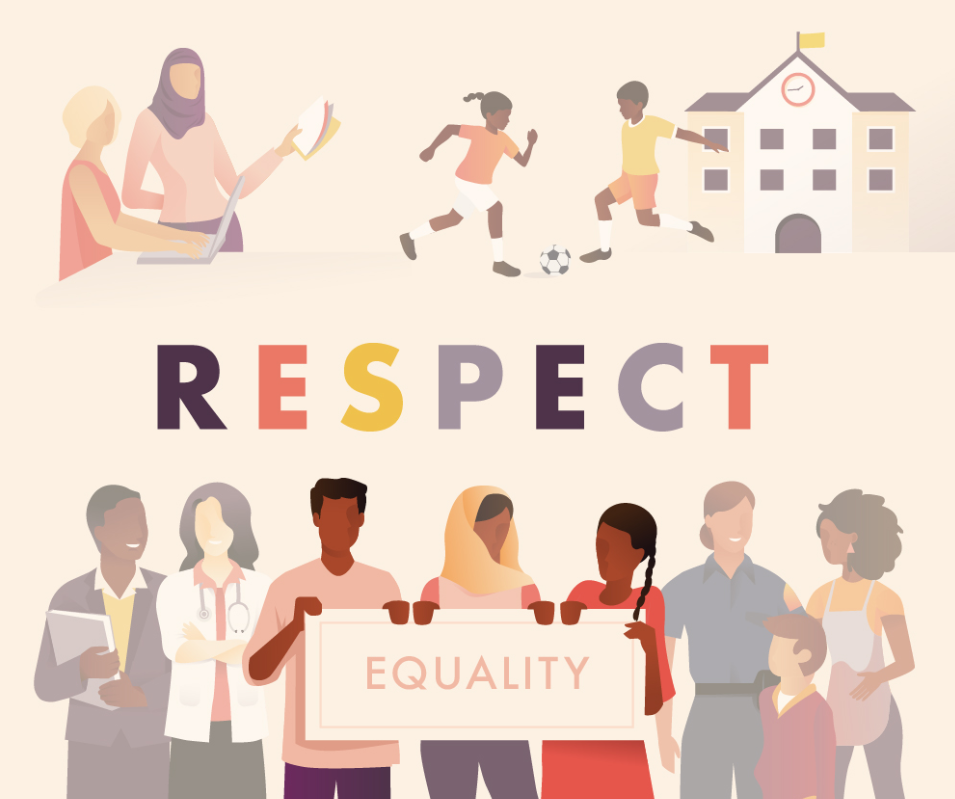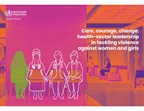Strengthening health sector response to violence against women
WHO supports countries to respond to and prevent violence against women, which is both a violation of women’s human rights and a public health problem.
In the WHO European Region, 26% of women aged 15–49 years old have experienced intimate partner violence and/or sexual violence in their lifetime. Intimate partner violence refers to behaviour by an intimate partner or ex-partner that causes physical, sexual or psychological harm, including physical aggression, sexual coercion, psychological abuse and controlling behaviours.
Almost 1 in 4 of girls globally will experience intimate partner violence before their 20th birthday.
Violence against women has serious health consequences, including for their physical, sexual, reproductive and mental health, that limit the health and well-being of women with consequences that can last a lifetime. Violence also has a ripple effect throughout society, with social and economic costs and intergenerational impacts on children. Health-care providers are often the first point of professional contact for survivors of violence – providing lifesaving health care and connecting survivors to other multisectoral services.
In humanitarian crises, levels of these and other forms of violence based on gender inequality (gender-based violence) grow more acute. The presence of armed actors, displacement, broken social and protective networks and lack of services create an environment where women are at acute risk.
In line with the Global Plan of Action and the Strategy on Women’s Health and Well-being, WHO supports countries to strengthen health systems to prevent and respond to gender-based violence by:
- building research and evidence on the magnitude of violence against women, its risk factors and consequences, and identifying effective interventions for prevention and response;
- disseminating and adapting guidelines and tools to set norms and standards for an effective health response to violence against women;
- building capacity of health-care providers to strengthen health systems in prevention of and response to violence against women; and
- advocating and creating partnerships to strengthen leadership in health systems and build political will to address violence against women.








